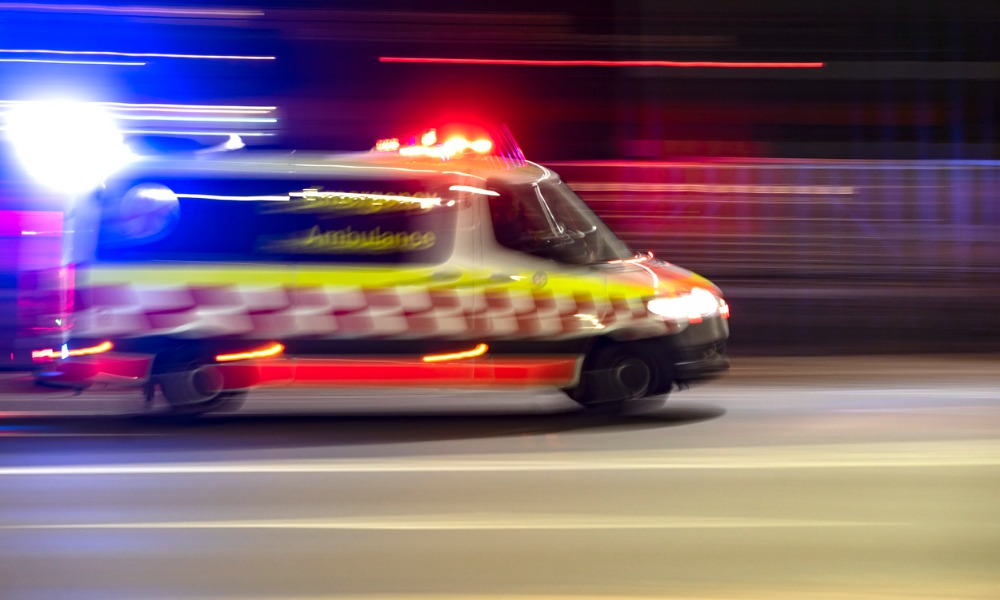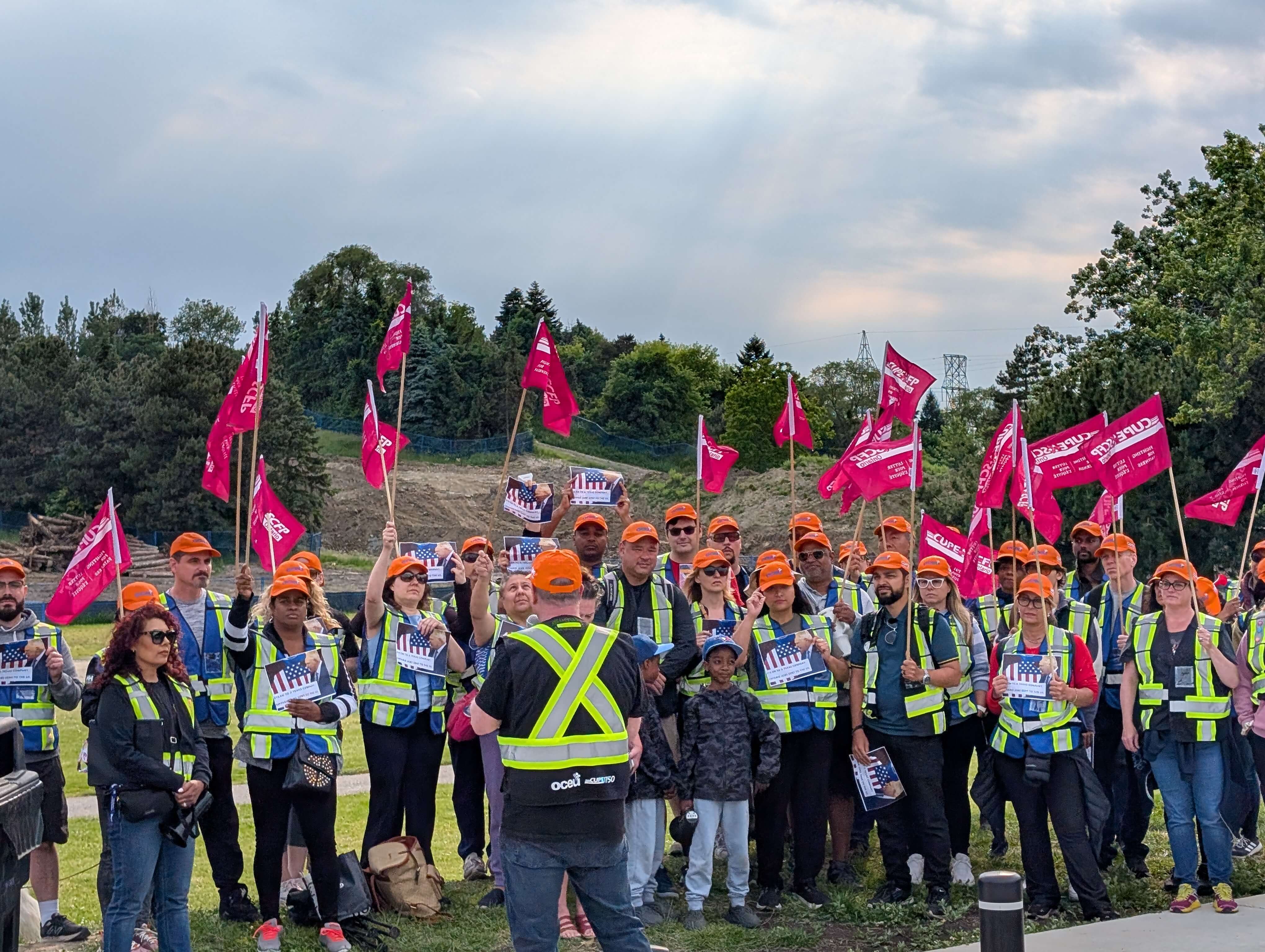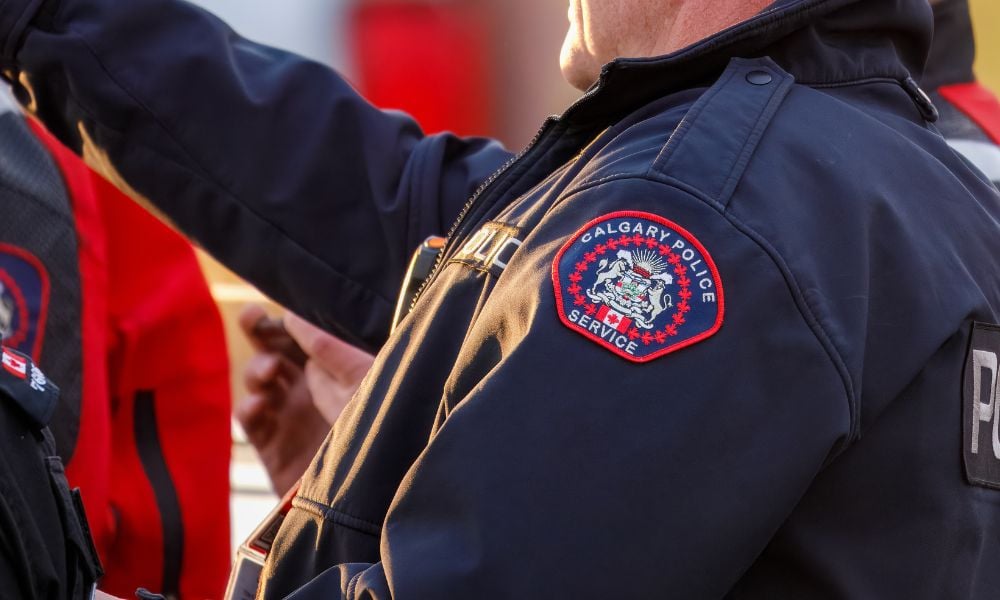State adding 30 new ambulance teams to help ease pressure on hospitals

In an attempt to ease pressure on hospitals, Missouri is tripling the number of mutual aid ambulances that provide long-haul patient transfers.
In total, 30 ambulances and more than 60 trained personnel started arriving in five regions of the state on Aug. 6 to help reduce the rising COVID-19 caseloads straining hospitals.
“The ambulance strike teams we positioned in Springfield have been extremely effective in helping save lives and ease the pressure on local hospitals,” said Governor Mike Parson. “These 30 new ambulance teams triple our transport capacity and expand it to the entire state, as needed. Our health care professionals are performing heroically to save lives as the Delta variant dramatically increases hospital admissions. We will continue to support our health care heroes across the state.”
The state previously requested for the new ambulance strike team to the Federal Emergency Management Agency. The team includes 20 advanced life-support ambulances, five basic life-support ambulances, five specialty care ambulances, and required medical and support personnel.
In Canada last month, Alberta started allowing EMS vehicles to transport those in need of help to alternative care locations, such as hospices, community health centers that assist with urgent but non-life-threatening situations.
In January 2020, Nova Scotia invested $2.7 million to buy power stretchers and power loaders for ambulances in the province.
Ambulance strike teams are operating anywhere there is a critical need in Missouri from Aug. 6 through Sept. 5. They are initially positioned in the Kansas City area, northeast Missouri, southwest Missouri, south-central Missouri and northwest Missouri. They can move as needed.
Thirteen federally-provided life support ambulances in southwest Missouri will replace the 10 ambulances provided through the Arkansas Division of Emergency Management and an Emergency Management Assistance Compact (EMAC) request from the Missouri State Emergency Management Agency (SEMA). Since they began working in Missouri, the 10 ambulances have logged more than 53,000 miles on 223 patient transports. Some of those transports required roundtrips of seven to nine hours or more.
“Delta is the most aggressive and transmissible variant of COVID-19, and it is more important than ever to take advantage of the highly effective vaccines,” Parson said. “Vaccination is the best way to prevent serious illness from COVID-19. Vaccinations are free and available across the state, often with no appointment necessary, and vaccinated Missourians will have their shot at $10,000 cash or $10,000 toward an education saving account. Enter at mostopscovid.com/win.”





